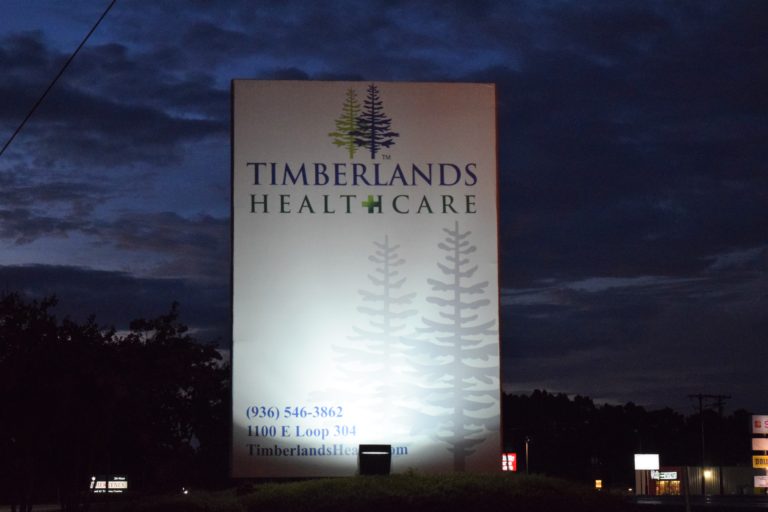FORESTRY UPDATE 2-22
By Gary Allen Burns
Timber ownership has three distinct tax treatments for federal income tax purposes:
(1) Property held for personal use (2) ordinary business property and (3) timber farm. Personal property is usually small tracts used for personal enjoyment, such as recreational property and small acreage. Major expenses are added to the original cost of the real estate, and there are few or no tax deductions.
Ordinary business property has a large acreage with recurring timber harvests. This usually only applies to a few taxpayers, and requires advanced financial and tax reporting – usually Form T.
Timber farms are usually held long-term with occasional timber sales with capital gains treatment. Expenses are directly applied without incurred limits. Operations are usually reported on the Farm schedule, Schedule F, with Form T not generally required.





